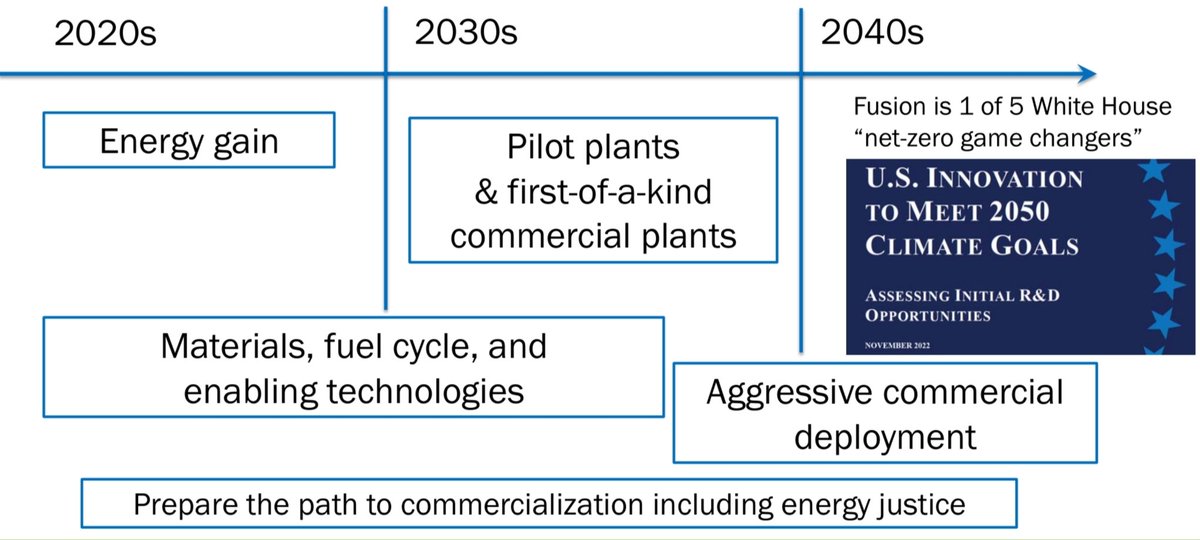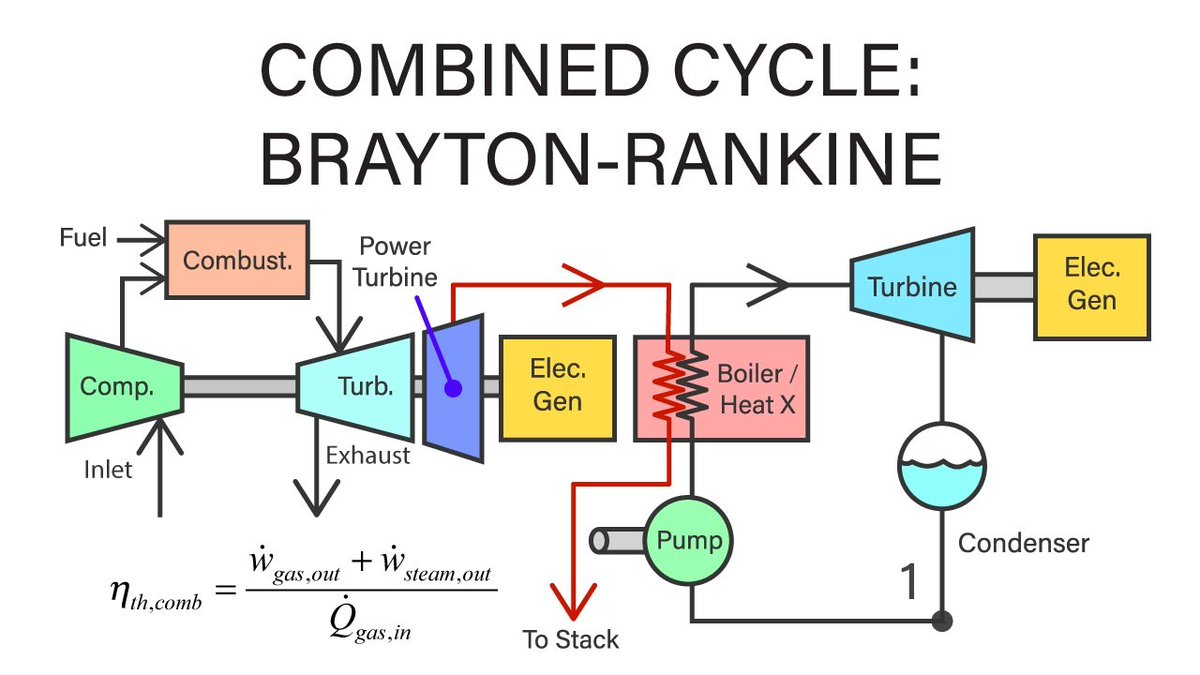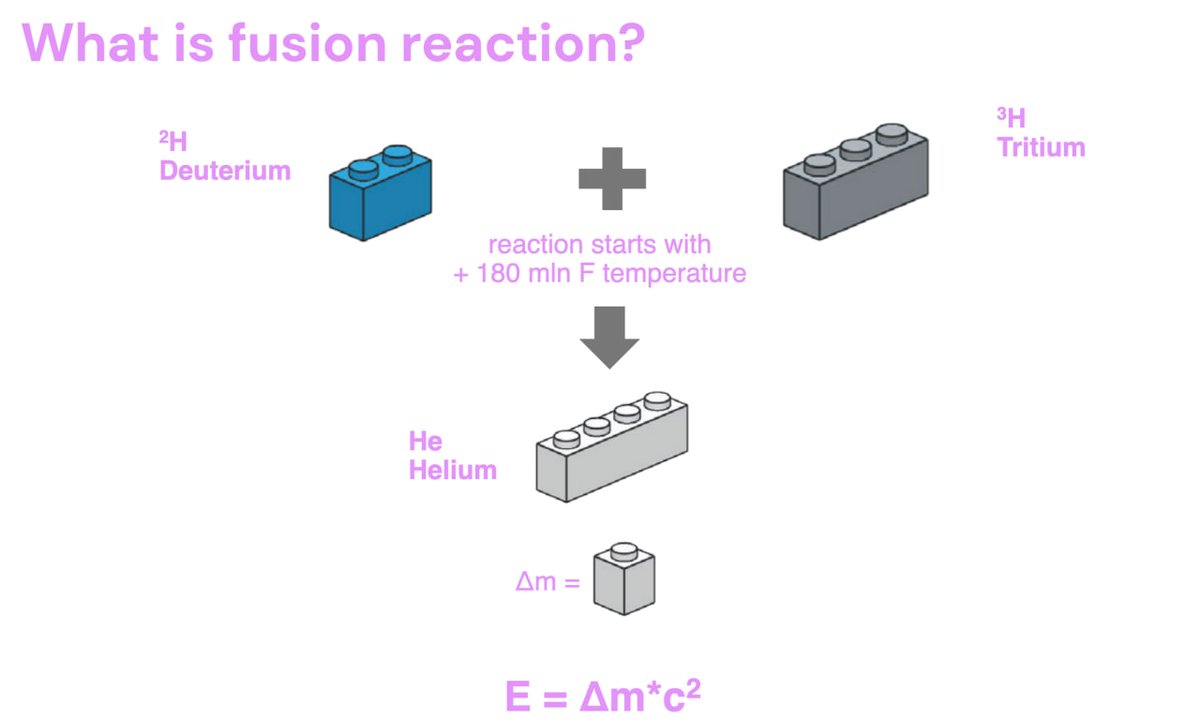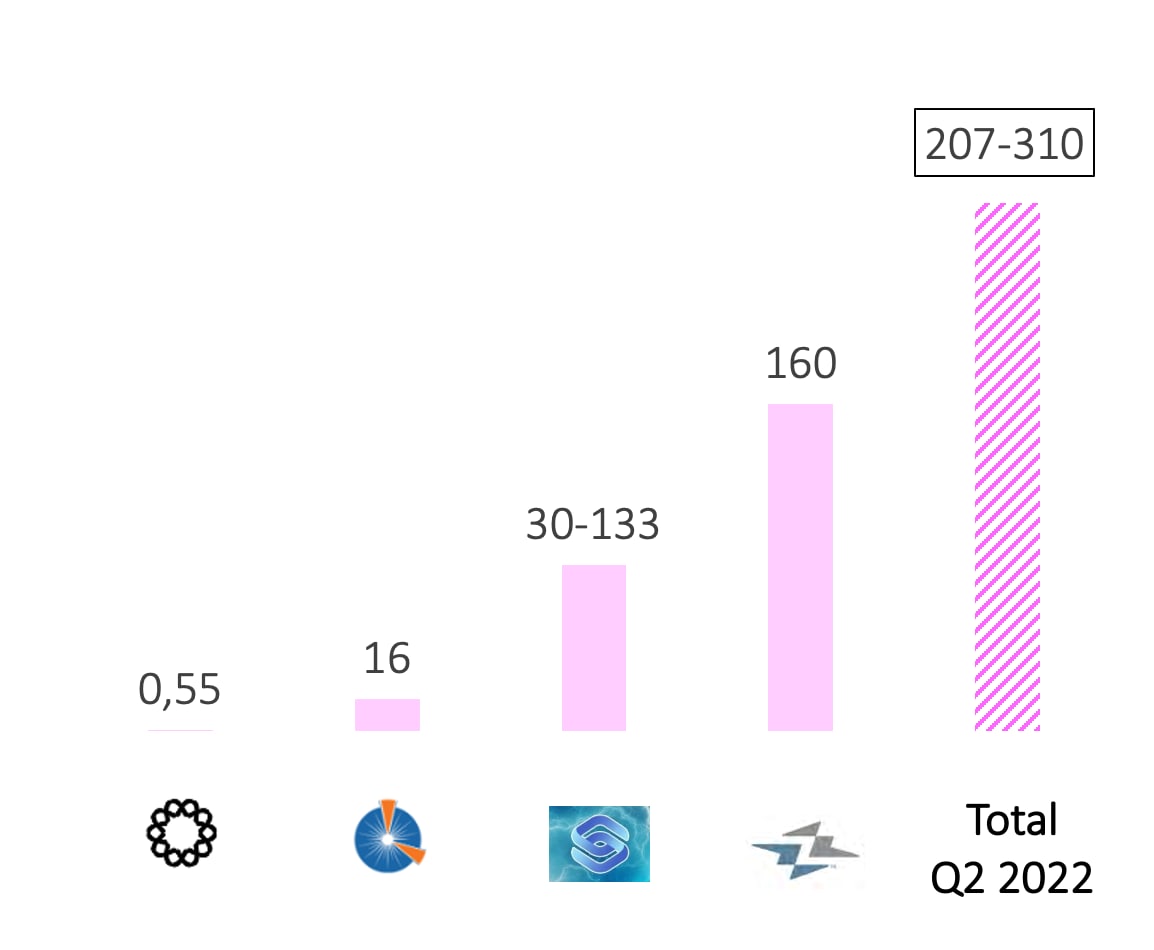
Interesting facts & a bit of blah, blah, blah about #fusionenergy
engineering, futurism and clean tech
#Not30yearsaway
How to get URL link on X (Twitter) App




https://twitter.com/theNASEM/status/1625526645099577345The big picture looks like this





 One of the biggest current challenges is making accurate predictions about the processes that occur inside tokamak reactors, which use giant magnetic fields to confine plasma fuel in a torus shape to achieve the conditions necessary for fusion
One of the biggest current challenges is making accurate predictions about the processes that occur inside tokamak reactors, which use giant magnetic fields to confine plasma fuel in a torus shape to achieve the conditions necessary for fusion

 Enhanced confinement & internal transport barriers create large pressure gradients providing significant bootstrap current fractions. High confinement time allows minimization of plasma current improving stability while also reducing external current drive requirements needed
Enhanced confinement & internal transport barriers create large pressure gradients providing significant bootstrap current fractions. High confinement time allows minimization of plasma current improving stability while also reducing external current drive requirements needed

 This quarter Eastern part of the world is leading 🌏🧭💵💴💶
This quarter Eastern part of the world is leading 🌏🧭💵💴💶
